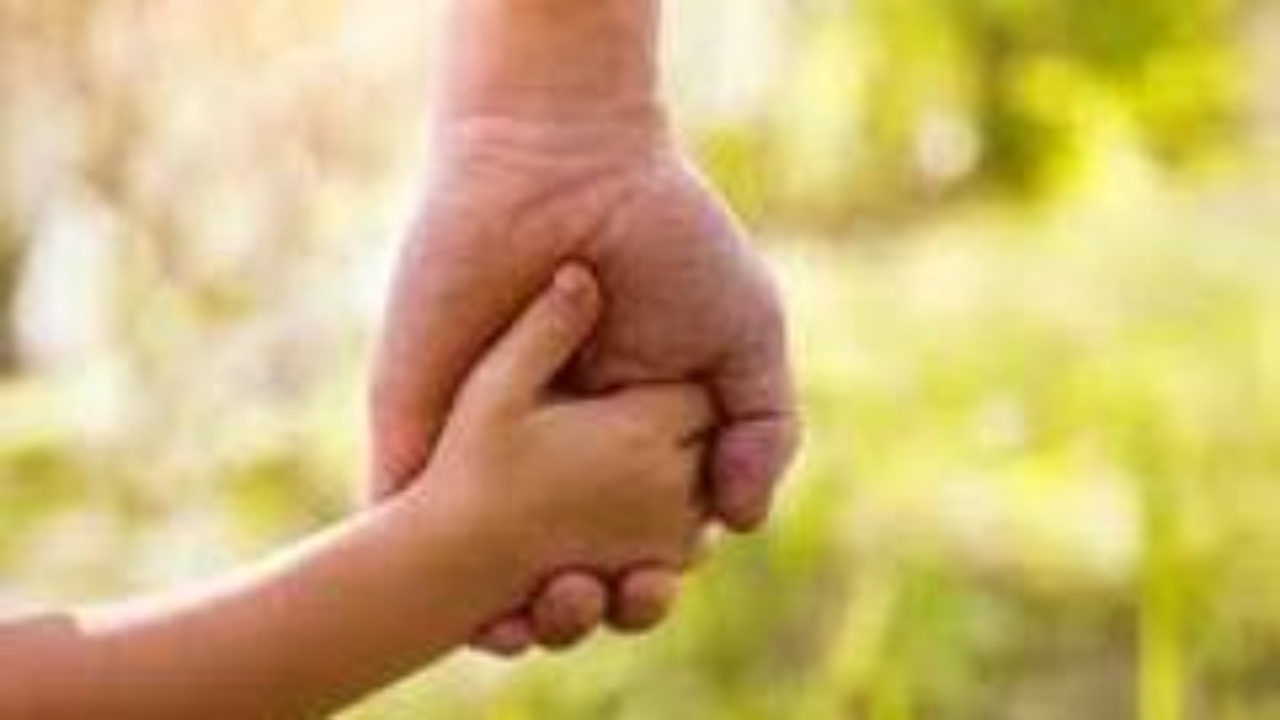What did you expect? Joy, satisfaction or sadness?
Oct 17, 2023
“This is not what I signed up for” I silently repeatedly.
Maybe when looking at the self inflicted cuts on my daughters arms. Possibly when another twenty quid disappeared from my purse or listening to more lies. Definitely scrabbling on all fours filling five bin liners with furry food, soiled underwear, dead vodka bottles and unidentifiable sticky bedroom trash.
I did not understand that ‘adoption’ meant trauma would walk through my front door on six little legs.
I expected ‘normal’ kids with some attachment problems, whom my love and parenting skills would transform. 25 years later I know better.
How did I survive? I changed my expectations. Eventually. Frequently. Massively.
I learned about child development, what’s normal, what’s not. How maltreatment distorts their inner world, how their brains are damaged by a boozy womb and that beliefs drive behaviour. This cocktail of knowledge explained ‘nonsensical’ actions.
A useful enquiry: ‘does this child have the capacity, right now, to meet my expectations’?
What’s easier? Changing the child’s capacities or your expectations ? Spoiler alert … it’s you.
Until you change; the child can’t (can’t not won’t). Their behaviour is fear driven and your first job is to help them feel safe in their own bodies. All that self regulation stuff they should have absorbed from attuned caregivers as babes.
In a lightbulb moment in 1999, I realised traumatised children had, in infancy, used metaphorical bubble wrap as a protection against maltreatment. Historically useful, but now it distorted their view of the world and the worlds perspective of them. Our role is to gently peel back the bubble wrap and fill the developmental gaps.
When my kids first arrived, (aged 5,4,2) they liked ‘playing babies, as I pretended to wipe bottoms and bottle feed. It was exhausting. Once I thought it must be lunchtime but the clock shockingly glowed 09.40. The youngest (genuinely in nappies) frequently became distressed seeing her siblings receiving this ‘nurturing’. Regrettably I used this as my excuse to stop. They were showing me how below the bubble wrap they needed ‘babying’ to fill their voids. Because I was expecting my kids to adhere roughly to their chronological age, I missed a huge healing opportunity.
Expectations exceeded = noisy, positive celebration. Joy.
Expectations matched = quiet, neutral contentment. Satisfaction.
Expectations unmatched = heavy, negative disappointment. Sadness.
You can chose the height of your expectation bar and hence your emotional state.
Expectations are images we created in the past about how things should be in the future. The more detailed the construction (how it looks, sounds, feels) the greater your commitment. Really useful when it’s 100% in your control, however great potential for disappointment when it’s in another’s hands, especially tiny ones.
That’s why ‘to succeed’ we must adjust our expectations throughout the adoption journey and be life long learners.
That’s why constantly updating our knowledge by reading, attending courses, peer support, mentoring and becoming trauma informed therapeutic parents with a realist view of a child’s potential is vital.
That’s why continual personal evolution, enhanced regulation skills, self reflection, transforming limiting beliefs, increasing self esteem and being a congruent, creative, compassionate, courageous, adaptive person with realistic expectations is vital.
What are you expecting? Joy, satisfaction or sadness? Your choice.
This blog was first published on PAC-UK website, September 2018 during national adoption week
Never miss a post!
Join our mailing list to receive the latest news and updates from our team.
Don't worry, your information will not be shared.
We hate SPAM. We will never sell your information, for any reason.

